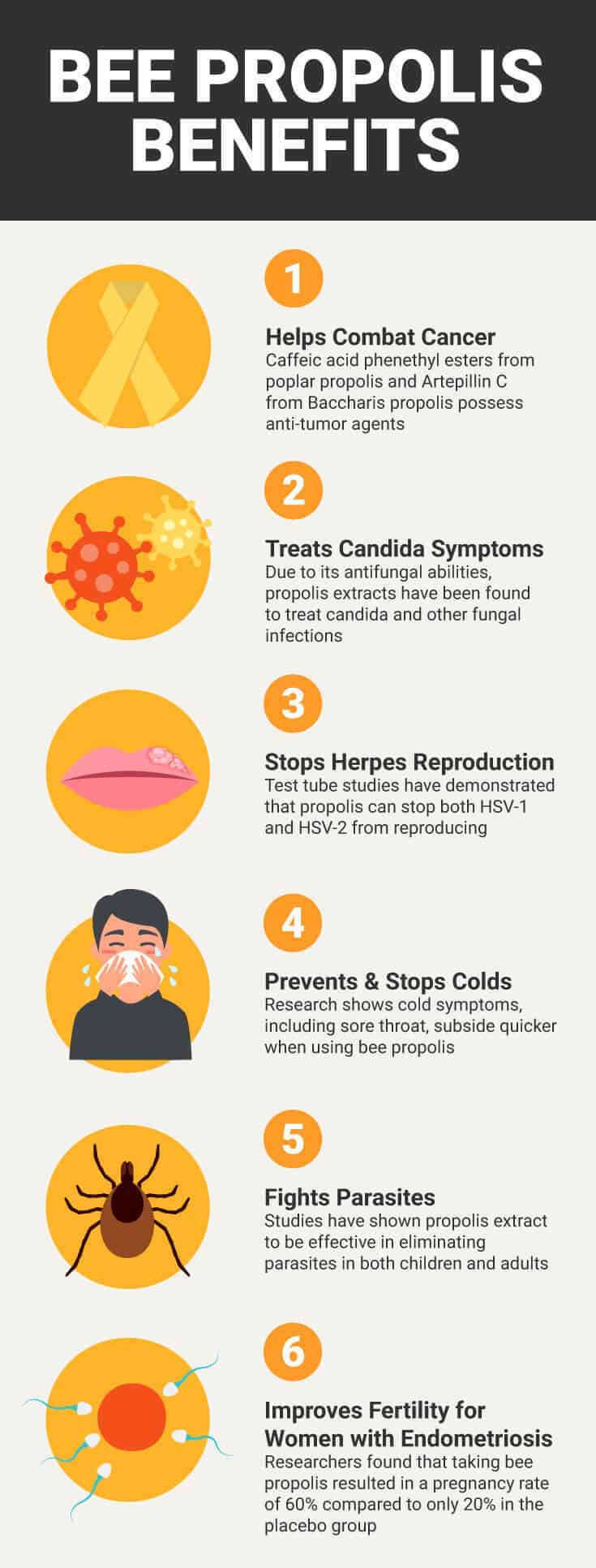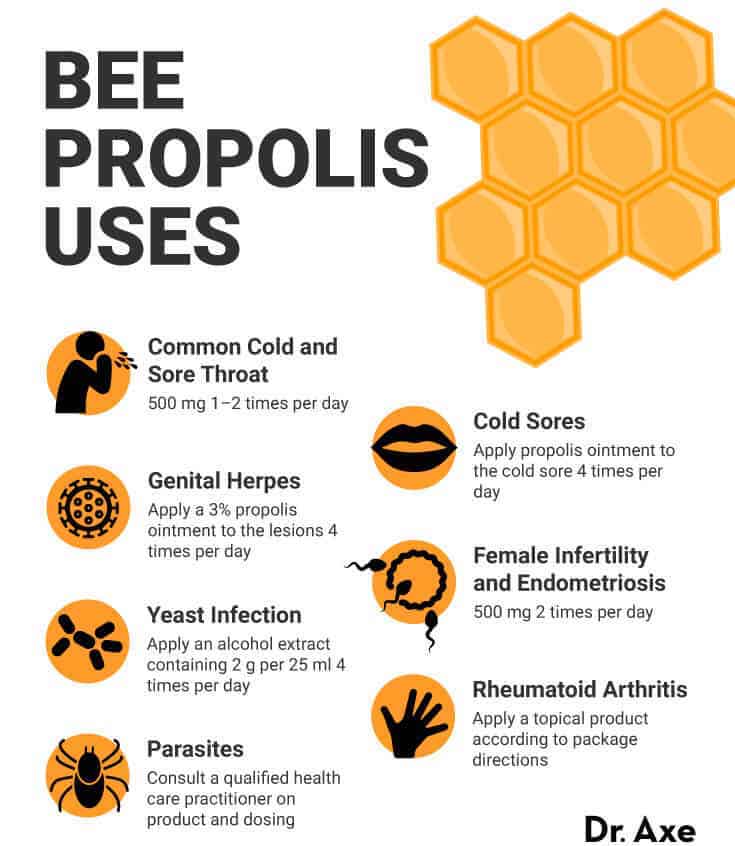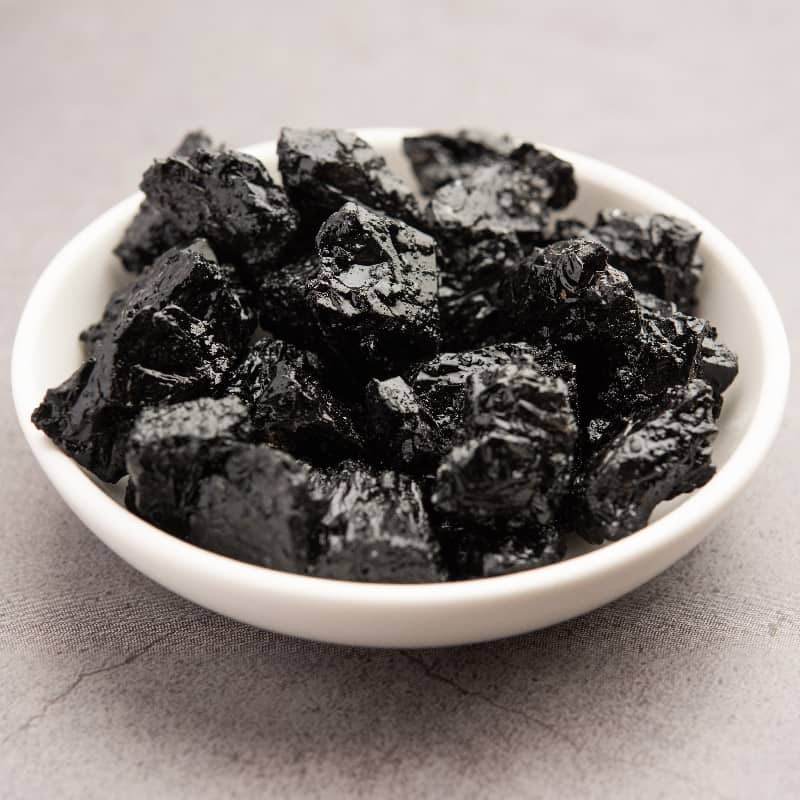This Dr. Axe content is medically reviewed or fact checked to ensure factually accurate information.
With strict editorial sourcing guidelines, we only link to academic research institutions, reputable media sites and, when research is available, medically peer-reviewed studies. Note that the numbers in parentheses (1, 2, etc.) are clickable links to these studies.
The information in our articles is NOT intended to replace a one-on-one relationship with a qualified health care professional and is not intended as medical advice.
This article is based on scientific evidence, written by experts and fact checked by our trained editorial staff. Note that the numbers in parentheses (1, 2, etc.) are clickable links to medically peer-reviewed studies.
Our team includes licensed nutritionists and dietitians, certified health education specialists, as well as certified strength and conditioning specialists, personal trainers and corrective exercise specialists. Our team aims to be not only thorough with its research, but also objective and unbiased.
The information in our articles is NOT intended to replace a one-on-one relationship with a qualified health care professional and is not intended as medical advice.
Bee Propolis Benefits That Are Sure to Surprise
September 6, 2023

You’re probably familiar with honey and might even be a fan of bee pollen or royal jelly already, but have you heard about the other bee-derived ingredient that’s known to have incredible health properties? I’m talking about bee propolis, also called “bee glue.”
What is propolis? It’s a natural mixture produced by honeybees from a few things, including substances they collect from plants and trees.
This truly therapeutic substance not only guards beehives against intruders, but it can also help fend off and treat all kinds of unwanted health conditions.
It has actually been used medicinally by humans since ancient times. This isn’t surprising once you know that bee propolis benefits include having antimicrobial, antioxidative, anti-ulcer and anti-tumor properties.
Let’s look at why propolis may be your next bee product of choice.
What Is Bee Propolis?
Bee propolis is defined as a resinous mixture that honeybees produce by combining their own saliva and beeswax with exuded substances they collect from tree buds, sap flows and other botanical sources. Propolis color can vary depending on what the bee collects from nature to create it, but usually it is a shade of dark brown.
Propolis serves a huge purpose in the world of honeybees. They use it to seal undesirable small cracks and gaps in the hive, while larger gaps get filled with beeswax. This is hugely important because if these openings don’t get sealed up properly, the hive could have some very threatening invaders, like snakes and lizards.
When scientists have looked closer at the exact chemical composition of propolis, they have found that it actually contains more than 300 natural compounds, including amino acids, coumarins, phenolic aldehydes, polyphenols, sesquiterpene quinines and steroids.
In general, raw propolis is made up of approximately 50 percent resins, 30 percent waxes, 10 percent essential oils, 5 percent pollen and 5 percent of various organic compounds.
The interesting thing about propolis, which is also true for honey (including manuka honey), is that its composition is always going to vary depending upon the exact collection time, collection location and plant sources.
In case you’re thinking that bee propolis is a new health craze, I want to tell you that this bee product’s usage is said to date all the way back to the time of Aristotle circa 350 B.C. Ancient Egyptians were also known for using it in their mummification process, while the ancient Greeks and Assyrians loved it for its wound- and tumor-healing abilities.
Science and personal experience continue to show that bee propolis remains an incredibly medicinal substance today. Now, let’s look at some specific propolis benefits.
Related: Honey Water Benefits + How to Make It
Health Benefits
1. Helps Combat Cancer
One of my favorite bee propolis benefits is that it appears to possess anti-tumor and anti-cancer properties. Two propolis polyphenols in particular seem to be the most potent anti-tumor agents: caffeic acid phenethyl esters from poplar propolis and Artepillin C from Baccharis propolis.
Scientists believe that the ability of propolis to help prevent cancer from developing in both animal models and human cell cultures is likely the result of its ability to inhibit DNA synthesis in tumor cells as well as its capability to induce apoptosis (programmed cell death) of tumor cells.
A 2016 study evaluated the effects of propolis extracts from the northern region of Thailand on cancer cell growth. All of the extracts showed high antioxidant activity as well as high phenolic and flavonoid content. Overall, the propolis extracts showed anti-cancer activities and extended the survival of animal subjects who already had tumors.
This study concluded, “From these findings, it is evident that propolis extracts can be considered as a naturally obtained agent extremely useful in cancer treatment.”
2. Treats Candida Symptoms
Candida or candidiasis is an infection caused by Candida albicans, a yeast-like fungus. This is the most common type of yeast infection found in the mouth, intestinal tract and vagina, and it may affect skin and other mucous membranes.
If the immune system is functioning optimally, this type of yeast infection is rarely serious. However, if the immune system is not functioning properly, the candida infection can migrate to other areas of the body, including the blood and membranes around the heart or brain.
A study published in the journal Phytotherapy Research found that propolis extract inhibited oral candidiasis in 12 patients with denture-related inflammation and candidiasis, and a 2022 study explored its antifungal activities when derived from different regions, showcasing these effects across the board.
Other research published in 2011 in the Journal of Medicinal Food revealed that propolis seems to be the bee product with the highest antifungal activity as demonstrated by its effect on 40 different yeast strains, including Candida Albicans. Other bee products tested included honey, bee pollen and royal jelly.
3. Helps Stop Herpes (Cold Sores) Reproduction
Herpes simplex virus (HSV) infections are extremely common. HSV-1 is the main cause of herpes infections on the mouth and lips, which are commonly known as cold sores and fever blisters.
The herpes virus can live dormant inside a person’s immune system for a lifetime, periodically causing blisters that burst and turn into open cold sores or ulcers before healing.
When left alone, herpes cold sores usually last about 10 to 14 days and are uncomfortable for a variety of reasons — causing redness, pain, burning and often embarrassment.
The good news is that studies have demonstrated that propolis can stop both HSV-1 and HSV-2 from reproducing. A systematic review and meta-analysis of people with genital herpes and cold sores compared propolis to Zovirax, which is a common conventional treatment for genital herpes that lessens the symptoms of the infection.
What did researchers find? The subjects using the propolis had their lesions heal faster than those using the Zovirax.

4. Can Prevent and Treat Common Cold and Sore Throats
Scientific studies have shown that propolis extracts may naturally prevent as well as shorten the duration of the common cold, which can often include a dreaded sore throat.
One study administered an aqueous propolis extract to a group of very young school children for the entire duration of a year’s “cold season.” The exact daily dose was not shared, but the children treated with it had fewer colds with acute or chronic symptoms. The extract was also tolerated well.
In another scientific evaluation of the effects of bee propolis on the common cold, the group taking propolis extract (amount not indicated) became free of symptoms faster than the placebo group. Specifically, the cold symptoms for the propolis takers went away 2.5 times quicker than the subjects who took a placebo.
5. Fights Parasites
Giardiasis is a parasitic infection that can occur in the small intestine and is caused by a microscopic parasite called Giardia lamblia. You can contract giardiasis from contact with infected people or by eating contaminated food or drinking water.
Thankfully, this bee product has been found to possess antiparasitic properties.
A clinical trial looked at the effects of propolis extract on 138 giardiasis patients, both adults and children. The researchers found that the extract resulted in a 52 percent cure rate in children and a 60 percent elimination rate in adults.
6. May Improve Fertility for Females with Endometriosis
A pilot randomized, controlled trial looked at the effects of propolis supplementation on women with infertility and mild endometriosis. The researchers found that taking bee propolis at a dose of 500 milligrams twice a day for six months resulted in a pregnancy rate of 60 percent compared to only 20 percent in the placebo group.
Studies have yet to show if it can also benefit infertile women without endometriosis.
How to Use
Propolis extract, tincture, capsules, tablets, powder, spray, ointment and cream are all typically available for purchase at any health food store as well as online.
If you’re looking to take bee propolis internally, you have a lot of options, including a liquid extract, capsules, tablet or powder. If your health concern is in your mouth, like a sore throat, then a propolis spray is the way to go. If you’re looking to use propolis externally or topically, you can buy propolis ointment or propolis cream.
The recommended internal dose is typically 500 milligrams once or twice daily. For topical propolis products, always follow label instructions.
These are some specific and studied ways that bee propolis can be utilized:
- Common Cold and Sore Throat: 500 milligrams one to two times per day.
- Cold Sores: Apply propolis ointment to the cold sore four times per day.
- Genital Herpes: Apply a 3 percent propolis ointment to the lesions four times per day.
- Female Infertility and Endometriosis: 500 milligrams two times per day.
- Yeast Infection: Apply an alcohol extract containing 2 grams per 25 milliliters four times per day.
- Rheumatoid Arthritis: Apply a topical product according to package directions.
- Parasites: Consult a qualified health care practitioner on product and dosing.

Allergies, Risks and Side Effects
People who are allergic to honey, bee pollen, royal jelly, conifer or poplar trees should not use propolis unless tested first by an allergy specialist.
It also may increase the risk of bleeding in people who take blood-thinning medications or who have bleeding disorders. Since it may slow blood clotting, you should stop taking it at least two weeks before any scheduled surgery.
When it comes to parasitic infections like giardiasis, propolis should not be used as the only treatment for parasites without first consulting a physician.
If you have asthma, some experts advise avoiding it completely since it’s believed that some chemicals in propolis may make asthma worse. However, there has also been research that demonstrates helpful effects of this bee product for asthmatics.
If you have asthma, speak with your doctor before taking it.
If you’re pregnant or breastfeeding, check with your health care provider before taking propolis. If you have any ongoing health concerns or are taking any medications, check with your doctor before using it.
Final Thoughts
- While the honeybees use it to keep their hives hole and invader-free, humans use bee propolis both internally and externally for medicinal purposes.
- Benefits include potentially helping combat cancer, treating candida symptoms, stopping herpes, preventing and/or treating colds and sore throats, fighting parasites, and possibly even improving fertility for women with endometriosis.
- There are several ways to use it, including in extract, tincture, capsules, tablets, powder, spray, ointment and cream forms.
- Be careful if you have an allergy to any other bee products since there’s a strong likelihood you could be allergic to propolis as well.










